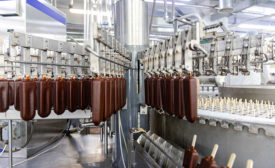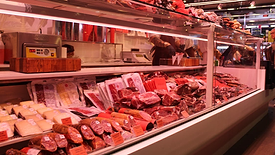Home » listeria
Articles Tagged with ''listeria''
Since 2000, outbreaks have been attributed to fresh, soft Queso Fresco-type cheeses made from pasteurized milk, which have been contaminated by L. monocytogenes after pasteurization
Read More
Implementation of FSMS and Correlation with Microbiological Criteria, Systems Thinking, and Food Safety Culture
Complex problems can be solved by using systems thinking, along with food safety knowledge and skills
December 11, 2022
Never miss the latest news and trends driving the food safety industry
eNewsletter | Website | eMagazine
JOIN TODAY!Copyright ©2025. All Rights Reserved BNP Media.
Design, CMS, Hosting & Web Development :: ePublishing










